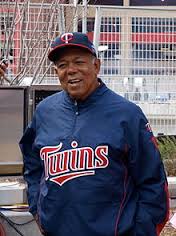
I always think of Tony Oliva and Neil Armstrong on this date. July 20 is Tony’s birthday and the anniversary of Armstrong stepping down onto the lunar surface before a worldwide television audience in 1969. The day Armstrong uttered those immortal words as he set foot on the moon was Tony’s 31st birthday.
More than just the first man on the moon made it an atypical birthday. Nearly a week earlier, on July 14, Tony had a 14-game hitting streak after a Minnesota Twins win over the Chicago White Sox, but felt ill that night. Soon he had a 104-degree fever and bumps had broken out over his entire body. He had come down with chicken pox, probably contracted from his infant daughter Anita.
So, on Apollo 11’s historic day, Tony was home recuperating from the chicken pox. The virus took its toll, as it often does on adults. Weakened by fever, he lost eight pounds and needed 10 days to simply feel well enough to return to work—longer to get his strength back.
Another unfortunate side effect was that Tony was forced to sit out the 1969 All-Star Game during his downtime. It was the first All-Star Game without him since his major league arrival in 1964. He had appeared in five straight All-Star games, and it took chicken pox to end his bid to match Hall of Famer Joe DiMaggio for consecutive All-Star appearances to start a career.
Despite a short slump following his return on July 24—the same day Apollo 11 splashed down in the Pacific Ocean—Tony finished the 1969 season at .309 with a league-leading 197 hits and 39 doubles. He powered 24 homers, and for the first time in his career he recorded 100 RBIs. He quietly had a great year playing alongside 1969 AL batting champion Rod Carew and 1969 AL MVP Harmon Killebrew.
On this July 20, I wish Tony all the best on his 79th birthday.
This story appears in “Tony Oliva: The Life and Times of a Minnesota Twins Legend.”
More than just the first man on the moon made it an atypical birthday. Nearly a week earlier, on July 14, Tony had a 14-game hitting streak after a Minnesota Twins win over the Chicago White Sox, but felt ill that night. Soon he had a 104-degree fever and bumps had broken out over his entire body. He had come down with chicken pox, probably contracted from his infant daughter Anita.
So, on Apollo 11’s historic day, Tony was home recuperating from the chicken pox. The virus took its toll, as it often does on adults. Weakened by fever, he lost eight pounds and needed 10 days to simply feel well enough to return to work—longer to get his strength back.
Another unfortunate side effect was that Tony was forced to sit out the 1969 All-Star Game during his downtime. It was the first All-Star Game without him since his major league arrival in 1964. He had appeared in five straight All-Star games, and it took chicken pox to end his bid to match Hall of Famer Joe DiMaggio for consecutive All-Star appearances to start a career.
Despite a short slump following his return on July 24—the same day Apollo 11 splashed down in the Pacific Ocean—Tony finished the 1969 season at .309 with a league-leading 197 hits and 39 doubles. He powered 24 homers, and for the first time in his career he recorded 100 RBIs. He quietly had a great year playing alongside 1969 AL batting champion Rod Carew and 1969 AL MVP Harmon Killebrew.
On this July 20, I wish Tony all the best on his 79th birthday.
This story appears in “Tony Oliva: The Life and Times of a Minnesota Twins Legend.”
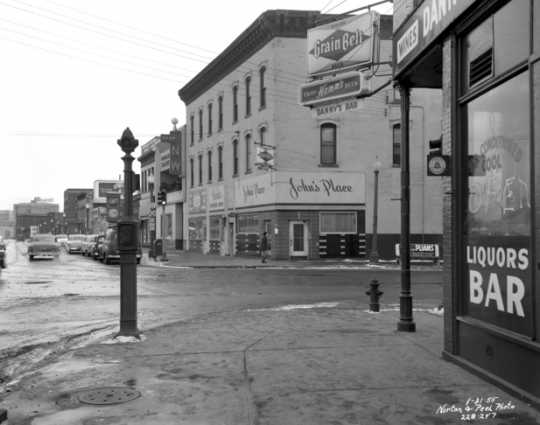
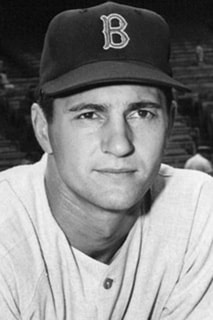
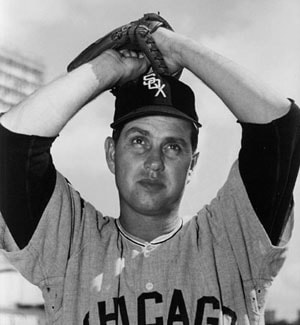
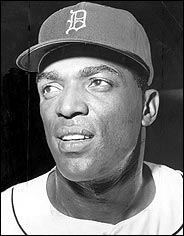
 RSS Feed
RSS Feed
